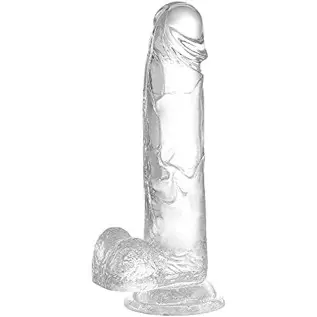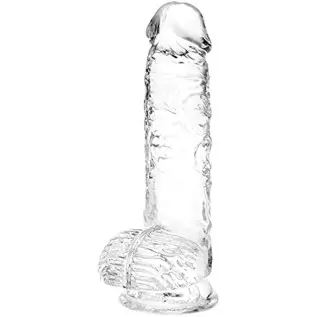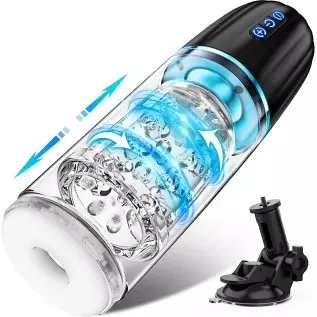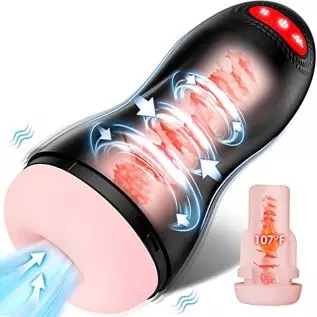Does leucorrhea indicate ovulation? When is ovulation?
Women's health always requires special attention. When you find that leucorrhea increases, do you think that your ovulation period is coming? Or does the arrival of leucorrhea mean that the aunt is coming?
Does leucorrhea mean ovulation?
Leukorrhea does not mean that it is ovulation. The symptoms of leucorrhea during ovulation are the same as those of usual leucorrhea, except that the leucorrhea may increase a little. During the ovulation period, the amount of vaginal secretions increases significantly and becomes watery, transparent and clear. At this time, women will feel that the vagina is moist and slippery, and there will be strips of mucus like egg white when wiped with paper. When a woman experiences such ovulation symptoms, it is the most fertile time for women, which generally lasts for 2 to 3 days. Excessive leucorrhea may indicate ovulation, but it is not completely certain. Because when some gynecological diseases occur, excessive leucorrhea may also occur.
A woman's ovulation date is generally about 14 days before her next menstrual period. For the sake of safety, we call the 5 days before and 4 days after the ovulation day, including the ovulation day, a total of 10 days as the ovulation period. Leucorrhea does not remain constant during a menstrual cycle. Most of the time, leucorrhea is drier, thicker, and less abundant. On a certain day between two menstrual periods, the leucorrhea is clear, bright, and abundant, like egg white, more like watery nasal discharge during a cold. This day is the ovulation period. This is because a higher concentration of estrogen is produced during ovulation, which acts on the columnar epithelial cells of the cervix, causing them to secrete a large amount of leucorrhea.
When is ovulation
1. The safe period is the first seven days and the last eight days as the saying goes. The 7 days before and 8 days after menstruation are safe, but this is just a general rule. Generally speaking, the safety period before ovulation is 7 days, and the safety period after ovulation is for 8 days. If the menstrual cycle has been 28 days for a long time, you can deal with it according to the first seven days and the last eight days, because this can avoid the 10-day dangerous period.
2. For a woman who often has short cycles, for example, the cycle is 21 days, then the ovulation day is probably on the 7th day. At this time, there is no safe period before ovulation, because she may have her period right after the end of her period at any time. Minimum lead time before ovulation. For such women, there may be a risk of pregnancy even if they have just finished menstruation.
3. For a woman who often has long cycles, for example, the cycle is 35 days, then the ovulation day is probably on the 21st day. At this time, ovulation is often delayed, making the safe period after ovulation uncertain.
4. The ovulation period calculation method is: start counting from the first day of the next menstruation, and count down or subtract 14 days. That is the woman’s normal ovulation day. Then add the ovulation day and the previous 5 days and 14 days. The period of the last 4 days added together is called the female ovulation period. If female friends want to get pregnant as soon as possible, they must clearly calculate their ovulation period. Only in this way can they conceive and give birth to a baby normally.
How to maintain ovulation period
1. Do a good job of cleaning
Wash the private parts with warm water every day. It is not recommended to use lotion unless there are special problems. This will destroy the acid-base balance of the private parts. If possible, you can also wash it with warm water after excretion to prevent intestinal bacteria from entering the vagina.
2. Keep your vagina dry
There is a lot of secretion before ovulation. Female friends should clean their vagina and underwear when going to the toilet to avoid being too wet and causing bacterial growth. You should also be careful when using panty liners. Many female friends think that using panty liners is more hygienic. In fact, their airtightness is also a breeding ground for bacteria.
3. Do good contraception
When there is no pregnancy preparation plan, pregnant couples must take pregnancy preparation measures. The damage caused by artificial abortion to women's bodies is irreparable, and too many abortions may directly lead to infertility.
4. Pay attention to your diet
Especially raw, cold, and spicy foods may affect ovulation bleeding, and may also cause irregular menstruation and dysmenorrhea. You should eat more mild and nourishing foods. You should also pay attention to eating more fresh fruits and vegetables. vitamins.
5. Regulate emotions
Work and life are becoming more and more stressful, but you must learn to regulate your emotions, develop more hobbies and interests to divert your attention, and maintain a happy mood, which is important for normal ovulation and menstruation.
















